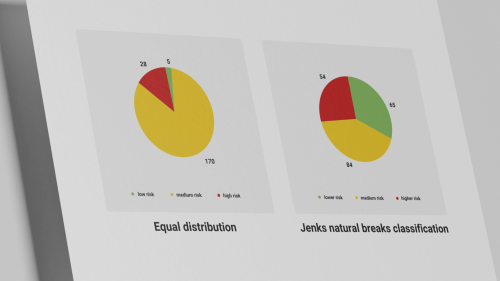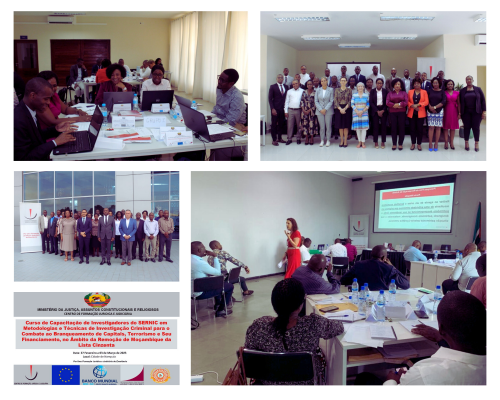Singapore: strong AML laws, weak enforcement
Singapore demonstrates a strong anti-money laundering and counter financing of terrorism (AML/CFT) legislative framework but despite this, it shows significant weaknesses in its effective implementation, according to a recent review by the Financial Action Task Force.
This latest evaluation of Singapore is under a new evaluation methodology introduced by the FATF in 2012. So far around 20 countries have been evaluated by the international standard setter based on its new approach which moves away from an assessment of technical compliance, such as laws on the books, to the actual effectiveness of the laws.
Countries find themselves under more pressure to demonstrate that they actually enforce their laws. Not only is it required to comprehensively understand their money laundering risk exposure towards AML/CFT, but also to have effective anti-money laundering measures in place.
Singapore for example received good marks for their AML laws but was rated mediocre overall due to their ineffective measures.
Some of the main weaknesses that detract from effectiveness according to the FATF report include:
- Singapore is vulnerable to the misuse by criminals of a range of corporate structures and legal arrangements available in the jurisdiction (i.e. offshore companies and trusts). The FATF criticised that Singapore should enhance its understanding of the risks associated with such structures. Similarly, FATF evaluators found that risk awareness specifically in relation to non-bank financial institutions needs to be improved.
- Although supervision in the financial sector has been strong, Singapore is inconsistent with its supervision of the non-financial sectors (i.e. real estate agents, lawyers and accountants) and applying effective sanctions when breaches of the law occur.
- While Singapore has been pursuing convictions of natural persons (individuals), the FATF evaluators criticize that no legal entity has ever been convicted for money laundering. The unwillingness to pursue complex money laundering cases against legal structures undercuts Singapore’s efforts to tackle money laundering
The Basel Institute on Governance has been analysing the new FATF reports in order to demonstrate the reality of the money laundering risk in countries undergoing the new assessments. This work is a key element in the Basel AML Index, a tool to risk rate countries for compliance purposes.
Based on the new FATF reports, the Basel Institute has issued a comparative analysis illustrating how Singapore fares against other countries evaluated by the FATF on the basis of its new assessment methodology. The results and a comparative table can be viewed in the press release.
Singapore, but also other countries such as Austria and Canada, faced more stringent or nuanced criteria and consequently achieved only middling or even poor results. Singapore’s overall result lies in the midfield, despite strong AML laws. Austria and Norway received even worse ratings in terms of effectiveness and find themselves at the bottom of the ranking among the OECD countries.
All of these results will be also reflected in the updates of the Basel AML Index and means that for countries that will be reviewed in future by the FATF, the effectiveness of their AML legislation should play a more important role than just checking the box of international standards.



